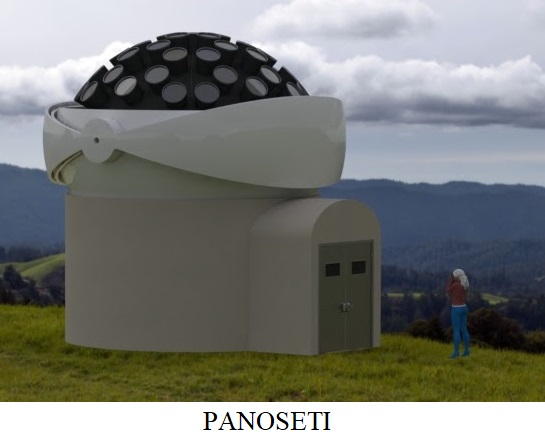| Having trouble reading this newsletter? Click here to see it in your browser. To donate to SETI@home, click here. You are receiving this newsletter because you are a SETI@home participant. See below to opt out of future e-mails. |
|
|
||
| Winter 2020 | ||
|
Dear SETI@home Volunteer: As 2020 comes to a close, we are writing to update you on our SETI research this year, and ask if you can continue to sponsor this work. To donate, please click here. SETI@home update: This past April, after processing 20 years of Arecibo data, we put the volunteer component of SETI@home into hibernation. We're now working on the final stage of data analysis: developing algorithms and software to reject radio interference and to identify and rank potential radio signals from extraterrestrial civilizations. This system is called Nebula. It provides a Web interface that lets you browse all our latest results. We also use Nebula to analyze data from the Arecibo SERENDIP SETI program and the FAST SETI sky survey. You may have heard the sad news that the Arecibo Telescope collapsed this month. We conducted SETI experiments at Arecibo for 35 years and many of you analyzed Arecibo data using SETI@home. New SETI Projects:
Together with our colleagues at Harvard, Caltech, and the University of California San Diego, we are developing a new type of SETI observatory, called PANOSETI, that searches the whole sky simultaneously for visible and infrared pulses of light, perhaps coming from an extraterrestrial civilization or new astrophysical phenomena. We've built a prototype at Lick Observatory and are developing plans to build two domes, each one equipped with 45 telescopes pointing in different directions. You can read about PANOSETI here and here. Request: We appreciate that 2020 has been a difficult year for many people, but if you are fortunate enough to be able to support these projects this year, we could really use your help. We'll use your contribution to conduct the final analysis of SETI@home Arecibo data, as well as launch new SETI projects at the FAST and PANOSETI observatories. To donate, please click here. Thank you for your support. Best Wishes from the SETI@home team, David Anderson, Jeff Cobb, Eric Korpela, Matt Lebofsky, Ryan Lee, Wei Liu, and Dan Werthimer
|

 We completed the construction of the 20 billion channel SERENDIP SETI spectrometer for the 500 meter diameter FAST telescope in China, and have been working with our Chinese colleagues to begin a three year SETI sky survey at FAST. You can read about our FAST SETI collaboration in a
We completed the construction of the 20 billion channel SERENDIP SETI spectrometer for the 500 meter diameter FAST telescope in China, and have been working with our Chinese colleagues to begin a three year SETI sky survey at FAST. You can read about our FAST SETI collaboration in a